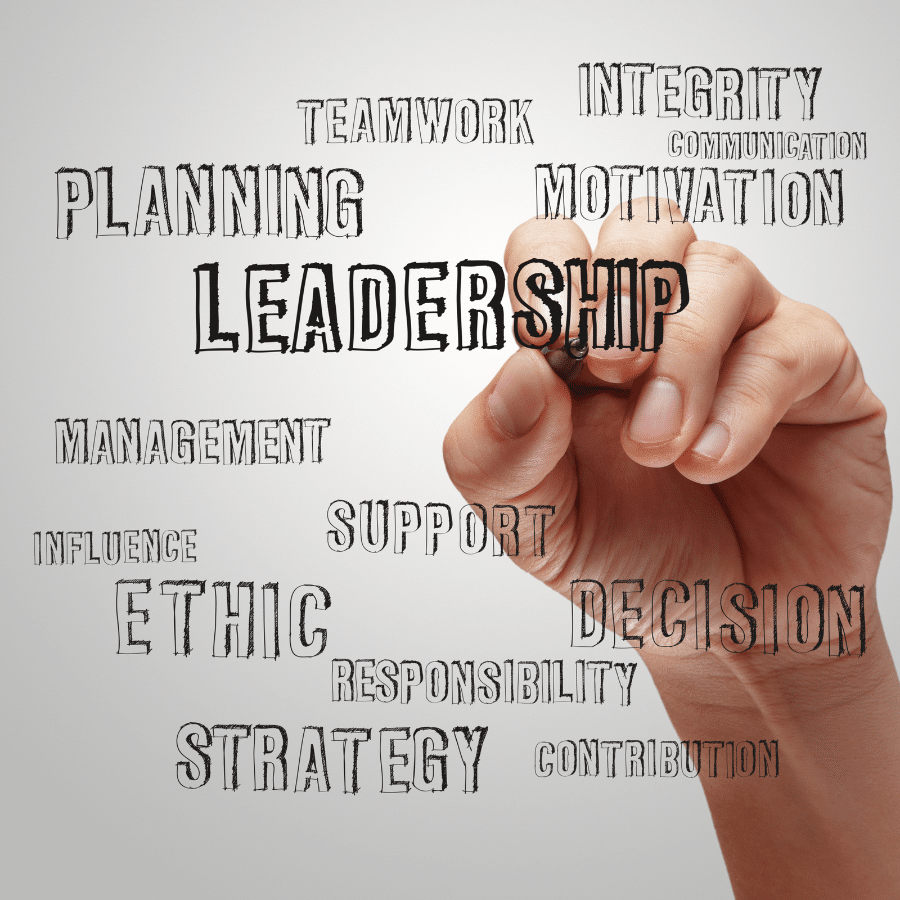Introduction
There’s no time for procrastination when it comes to studying. And even if you do have time, you may get distracted. To stay focused and effective with your studying, follow these tips for creating positive consequences for completing work early or doing well on tests:Focus on the end result.
The most effective way to study is by focusing on the end result. If you’re going to take a test and want to do well, it’s important that your motivation comes from wanting the outcome of that test. You can’t control whether or not others around you will study or if they will do well in their classes, but if you focus on improving yourself as an individual student and getting better grades than before, then that’s something within your control.Study in short, intense chunks of time.
While the idea of studying for an hour straight may seem daunting, it’s actually more effective than studying in 20-minute intervals. By engaging your brain in a single activity for longer periods of time, you’re giving it time to rest and process what you’ve learned so far. This helps you retain information better and make connections between ideas later on, which can be especially beneficial when preparing for exams or writing papers. Study sessions should be short but intense–no more than 30 minutes at a time with breaks between each session (and plenty of sleep).Use any tools at your disposal.
- Use a flashcard app. This is one of the most effective study techniques for improving your leadership skills. You can create your own flashcards or use one of the many free apps available on the market, such as Anki and Quizlet.
- Write down information in a notebook or whiteboard. If you’re studying with friends or colleagues, having everyone write down notes is an excellent way to ensure that everyone gets all of their ideas out there before moving onto something else (i.e., “I need more time with this concept!”). It also helps keep everyone focused so no one gets distracted by social media during class!
- Use pen and paper when studying on your own at home–or even if someone else is there but not actively participating in your learning process (such as watching TV). We live in an increasingly digital world where people are constantly staring at screens instead of looking at each other’s faces while discussing important topics like politics or religion; thus writing down notes helps force us back into reality by making us pay attention again after being distracted by technology for too long.*
Don’t let yourself get distracted by other things.
- Don’t let yourself get distracted by other things.
- Don’t allow yourself to get distracted by other things.
- Don’t allow yourself to be distracted by other things
Organize your time and space to make studying easier.
The first step in organizing your time and space is to create a study area that is quiet and free from distractions. This can be as simple as locking yourself in your bedroom, or moving all of your things into one room so that you don’t have to walk around while doing your work. Next, create a schedule and stick with it! The best way I’ve found for doing this is by creating due dates for myself on Google Calendar (or even just writing them down on paper). Once the due date has arrived, I mark it off my calendar so I know when I’m done with something–and voila! There’s no more confusion about what needs done next or when it needs done by.Be realistic about your studying efforts.
There are a lot of ways you can go wrong when it comes to studying. If you’re not careful, you could end up doing too much or too little. You might also put off studying until the last minute and then panic over what exactly is going on in your class–or maybe even procrastinate by surfing Reddit instead of doing work! Thankfully, there are some easy ways to avoid these common pitfalls:- Be realistic about how much time each day can be dedicated towards learning new information. Don’t over-study by trying to cram everything into an hour-long session; this will just lead to stress and poor performance later on down the line (and possibly even burnout). On the other hand, don’t underdo it either; if there’s something important coming up soon–like an exam–then make sure that extra time spent preparing beforehand will pay off with higher scores later on down under (not just under).
Create positive consequences for finishing work early and doing well on tests.
- Give yourself a reward for doing well on a test, or finishing work early.
- Examples of rewards:
- A new book that you’ve been wanting to read.
- A day off from school (or work). You can use this time as you wish–you could go shopping, visit friends’ houses, or just relax at home. The key is that it’s something positive and enjoyable for you!









